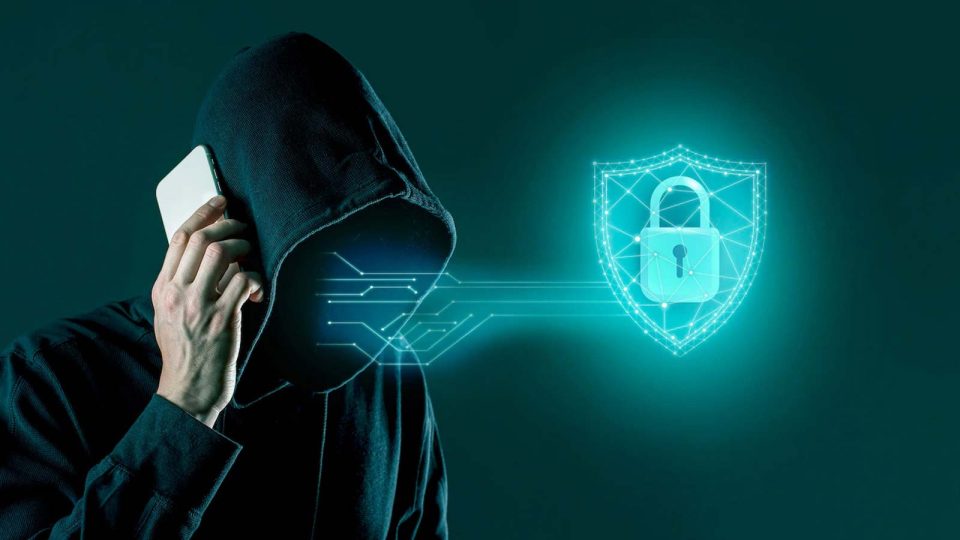SEALSQ enhances security of Electric Vehicle (EV) charging stations through a comprehensive cybersecurity solution developed in collaboration with WISeKey
WISeKey International Holding a global leader in cybersecurity, digital identity, and Internet of Things (IoT) solutions, operating as a holding company ,announced that its subsidiary SEALSQ Corp has developed a comprehensive cybersecurity solution to enhance the security of Electric Vehicle (EV) charging stations. SEALSQ’s innovative technology addresses a complex cybersecurity landscape associated with the growing infrastructure of EV charging stations and tackles known vulnerabilities that could compromise the integrity of the EV charging process. CIO INFLUENCE: CSI Adds IT Governance to Advisory Services Offering as Cybersecurity, Regulatory Landscapes Grow in Complexity
CIO INFLUENCE: CSI Adds IT Governance to Advisory Services Offering as Cybersecurity, Regulatory Landscapes Grow in Complexity
EV charging stations present a unique set of cybersecurity risks due to their increasing connectivity and importance in the energy infrastructure. Here are the main cybersecurity risks associated with EV charging stations:
- Unauthorized Access: If an EV charging station lacks proper authentication mechanisms, cybercriminals could gain unauthorized access. This could allow them to manipulate charging rates or even cut off power to the chargers.
- Data Theft: EV charging stations often collect personal data, including payment information and user identity details. Cyber attackers could target this data for identity theft or financial fraud.
- Denial of Service Attacks: A cyberattack could disrupt the service of EV charging stations, leading to denial of service. This type of attack could be particularly disruptive if it targets a network of chargers, causing widespread impact.
- Manipulation of Charging Processes: If attackers manage to control the charging process, they could cause physical damage to the battery of the EV by, for example, overcharging it or manipulating the charging speed.
- Firmware Vulnerabilities: Like any connected device, if the firmware of an EV charger is not regularly updated, it may contain vulnerabilities that hackers can exploit to take control of the charger or even affect the grid to which it is connected.
- Supply Chain Attacks: Attackers could compromise the software or hardware of EV chargers during manufacturing or delivery. This could lead to widespread issues across multiple charging stations once they are deployed.
- Energy Theft: Cybercriminals could potentially alter the reported energy usage, resulting in energy theft and financial losses for service providers.
- Impact on the Power Grid: Since EV chargers draw from the local power grid, a coordinated attack on EV charging infrastructure could potentially disrupt the larger power grid, especially as the number of EVs on the road increases.
Here’s how SEALSQ is contributing to secure and seamless EV charging:
- Secure Element Integration: The use of VAULTIC secure elements in EV charging stations is pivotal. These hardware components are provisioned with trusted identities and are capable of secure cryptographic operations, ensuring that each charging station is a node of trust within the network.
- Managed Public Key Infrastructure (PKI): SEALSQ utilizes WISeKey’s INeS Managed PKI as-a-Service portal to manage the digital certificates and cryptographic keys necessary for secure authentication and data encryption. This ensures that only authorized users and vehicles can access the charging services, and that all data exchanged is encrypted and protected against eavesdropping or tampering.
- End-to-End Encryption: By encrypting data transmitted between the EV, the charging station, and the network and service providers, SEALSQ ensures the confidentiality and integrity of sensitive information such as user credentials, payment details, and energy consumption data.
- Automated and Secure Authentication: The system enables a secure and automated authentication process for users, which streamlines the charging experience by removing the need to manually enter credentials, thereby reducing the risk of identity theft.
- Regulation Compliance: SEALSQ’s solution adheres to stringent cybersecurity regulations, offering customers the assurance that their implementation meets legal and industry standards for data protection and privacy.
- Reduced Complexity and Time-to-Market: By acting as a single security provider, SEALSQ simplifies the deployment of secure EV charging infrastructures for charge point operators, enabling them to bring secure stations to market more quickly and efficiently.
- Protection Against Cyber Threats: The solution mitigates various cyber threats, including disruption of electricity flow, identity theft, unauthorized access, data alteration, and malware intrusion, by ensuring that the charging process is secure from end to end.
- User-Friendly Experience: With security seamlessly integrated into the charging process, end-users benefit from a frictionless experience that does not sacrifice security for convenience.
CIO INFLUENCE: SEEQC Unveils Italy’s First Quantum Computing System
The EV Charging market is experiencing significant growth in the coming years. Globally, the market was valued at $19.67 billion in 2022 and is projected to expand at a CAGR of 25.5% from 2023 to 2030. In the United States, the market size was valued at $3.15 billion in 2022 and is expected to grow at a CAGR of 29.1% from 2023 to 2030. In Asia-Pacific, the market is heavily influenced by the growing number of electric cars and buses, especially in China, which is the largest market for EVs. Various government initiatives and investments in this region are expected to continue driving the demand for EV charging stations.
The growing demand and adoption of EVs on a global basis requires the quick expansion of the EV charging infrastructure. As this infrastructure grows, so does the potential for companies like SEALSQ, which provide security solutions to protect these critical assets from cybersecurity threats.
SEALSQ’s security solution for EV charging stations is a forward-thinking approach that leverages the robustness of PKI and the trustworthiness of secure hardware elements. By creating a secure chain of trust and facilitating encrypted communications, SEALSQ is setting a standard for the industry that not only protects against present cybersecurity threats but also anticipates the future needs of an increasingly digital and connected automotive ecosystem.
CIO INFLUENCE: HP Chooses RISE with SAP to Help Drive Digital Transformation, Optimization and Efficiency
[To share your insights with us, please write to sghosh@martechseries.com]


